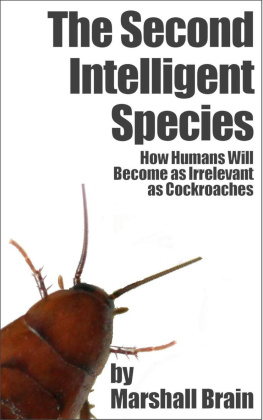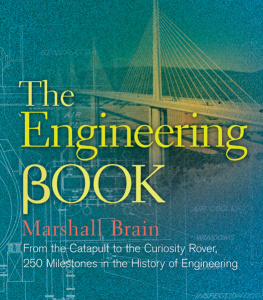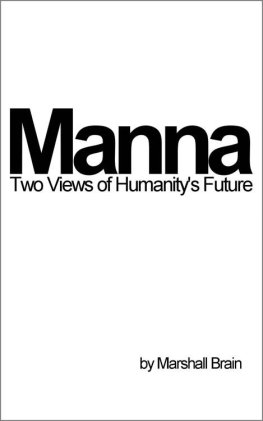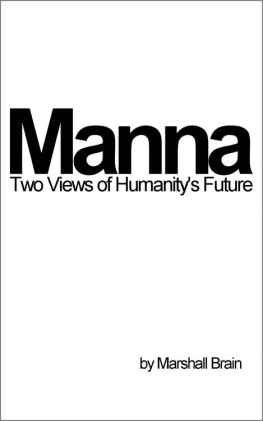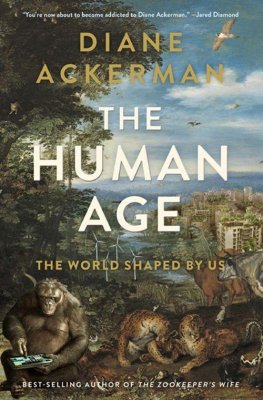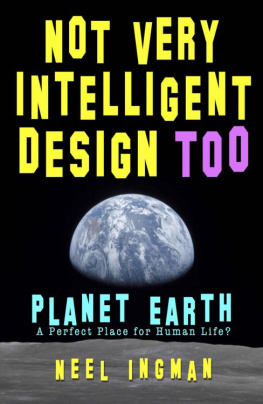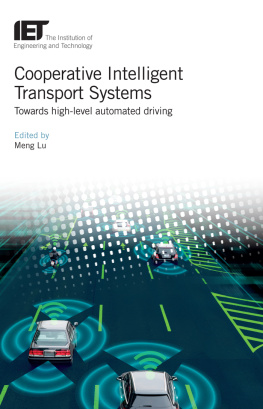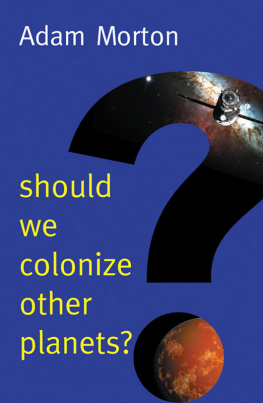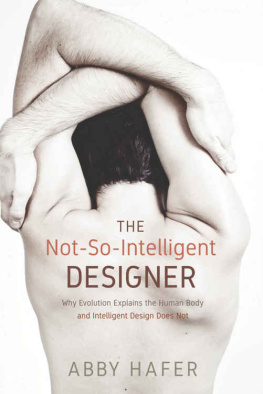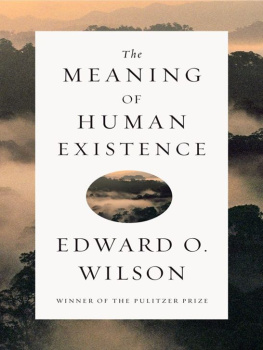Marshall Brain - The Second Intelligent Species: How Humans Will Become as Irrelevant as Cockroaches
Here you can read online Marshall Brain - The Second Intelligent Species: How Humans Will Become as Irrelevant as Cockroaches full text of the book (entire story) in english for free. Download pdf and epub, get meaning, cover and reviews about this ebook. year: 2015, publisher: BYG Publishing, Inc., genre: Romance novel. Description of the work, (preface) as well as reviews are available. Best literature library LitArk.com created for fans of good reading and offers a wide selection of genres:
Romance novel
Science fiction
Adventure
Detective
Science
History
Home and family
Prose
Art
Politics
Computer
Non-fiction
Religion
Business
Children
Humor
Choose a favorite category and find really read worthwhile books. Enjoy immersion in the world of imagination, feel the emotions of the characters or learn something new for yourself, make an fascinating discovery.
- Book:The Second Intelligent Species: How Humans Will Become as Irrelevant as Cockroaches
- Author:
- Publisher:BYG Publishing, Inc.
- Genre:
- Year:2015
- Rating:4 / 5
- Favourites:Add to favourites
- Your mark:
The Second Intelligent Species: How Humans Will Become as Irrelevant as Cockroaches: summary, description and annotation
We offer to read an annotation, description, summary or preface (depends on what the author of the book "The Second Intelligent Species: How Humans Will Become as Irrelevant as Cockroaches" wrote himself). If you haven't found the necessary information about the book — write in the comments, we will try to find it.
But at this moment, millions of engineers, scientists, corporations, universities and entrepreneurs are racing to create the second intelligent species right here on planet earth. And we can see the second intelligent species coming from all directions in the form of self-driving cars, automated call centers, chess-playing and Jeopardy-playing computers that beat all human players, airport kiosks, restaurant tablet systems, etc.
The frightening thing is that these robots will soon be eliminating human jobs in startling numbers. The first wave of unemployed workers is likely to be a million truck drivers who are replaced by self-driving trucks. Pilots will be eliminated soon as well. Then, as new computer vision systems come online, we will see tens of millions of workers in retail stores, fast food restaurants and construction sites replaced by robots. Unless we take steps now to change the economy, we will soon have tens of millions of workers who are unemployed and seeking welfare because they will have no other choice.
Marshall Brains new book The Second Intelligent Species: How Humans Will Become as Irrelevant as Cockroaches explores how the future will unfold as the second intelligent species emerges. The book answers questions like:
- How will new computer vision systems affect the job market?
- How many people will become unemployed by the second intelligent species?
- What will happen to millions of newly unemployed workers?
- How can modern society and modern economies cope with run-away unemployment caused by robots?
- What will happen when the first sentient, conscious computer appears?
- What moral and ethical principles will guide the second intelligent species?
- Why do we see no extraterrestrials in our universe?
The Second Intelligent Species offers a unique and fascinating look at the future of the human race, and the choices we will need to make to avoid massive unemployment and poverty worldwide as intelligent machines start eliminating millions of jobs.
Marshall Brain: author's other books
Who wrote The Second Intelligent Species: How Humans Will Become as Irrelevant as Cockroaches? Find out the surname, the name of the author of the book and a list of all author's works by series.

